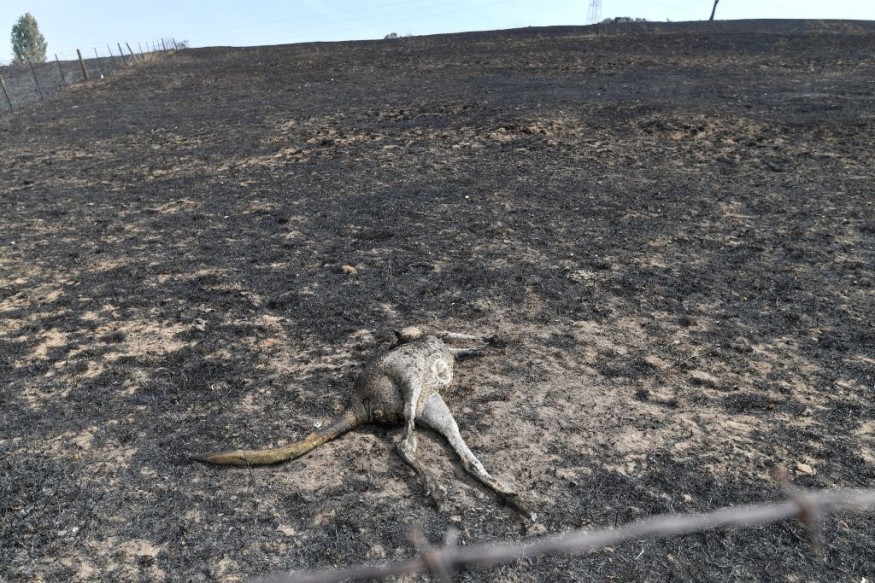The Environment Protection and Biodiversity Conservation Act of 1999 (EPBC Act) does not safeguard vulnerable species, according to a joint investigation conducted by UQ Ph.D. candidate Natalya Maitz that examined projected habitat degradation in Queensland and New South Wales.

According to Ms. Maitz, the methodology created to categorize development projects based on their environmental effect is useless.
Also Read : Australia Announced Ambitious Plan to Combat Possible Extinction of At Least 110 Species
Virtually Ineffective
The quantity of endangered habitat destroyed by projects labeled "significant" or "not significant" by the national biodiversity regulator does not statistically vary from the other.
According to the EPBC Act, anyone wanting to start initiatives that might have a "substantial effect" on protected species must request further government assessment and clearance.
Developments unlikely to have a significant effect don't need further government permission.
However, Ms. Maitz noted that under the way the legislation is now being implemented, projects with severe impacts are removing exactly as much habitat as those deemed low risk.
"We would anticipate less ecologically sensitive habitat removed under the projects designated as unlikely to have a large impact," the study said. "If the laws were properly preserving endangered ecosystems."
Also Read: Arguments About Climate Justice Finally Cutting Through, Says Climate Activist
Looking at Various Factors

The study looked at vegetation removed for projects in Queensland and New South Wales, a hotspot for deforestation worldwide, places that offered habitat for vulnerable species, migratory species, and threatened ecological ecosystems.
Dr. Martin Taylor, a co-author, said that the regulator's designation of anything as "important" lacked a dependable, quantitative foundation in the regulator's decision-making.
Looking at the Current "Impact"
According to Dr. Taylor, neither the Act nor the regulator has been able to define clearly what constitutes a major effect, such as the destruction of x hectares of habitat for species y.
"Due to initiatives thought to be of little importance, several species have lost the bulk of their designated habitat.
"For instance, the grey-headed flying-fox lost 72% of its total recommended habitat, while the tiger quoll lost 82% due to initiatives deemed unlikely to have a major effect.
"These species are close to extinction, and until these dangers are eliminated, the government will not meet its aim of zero extinctions."
In Dire Need of Legislative Revisions
According to Dr. Taylor, the study shows discrepancies in the referral decision-making process, a point mentioned by Graeme Samuel in the 2020 Independent Review of the EPBC Act.
To give Australia's unique biodiversity a fighting chance, Dr. Taylor noted that the results "emphasize the necessity of evaluating cumulative consequences and the need to set scientifically sound standards that are implemented rigorously and consistently."
The Australian government announced major legislative revisions.
For more news update about Environmental Action, don't forget to follow Nature World News!
© 2025 NatureWorldNews.com All rights reserved. Do not reproduce without permission.





